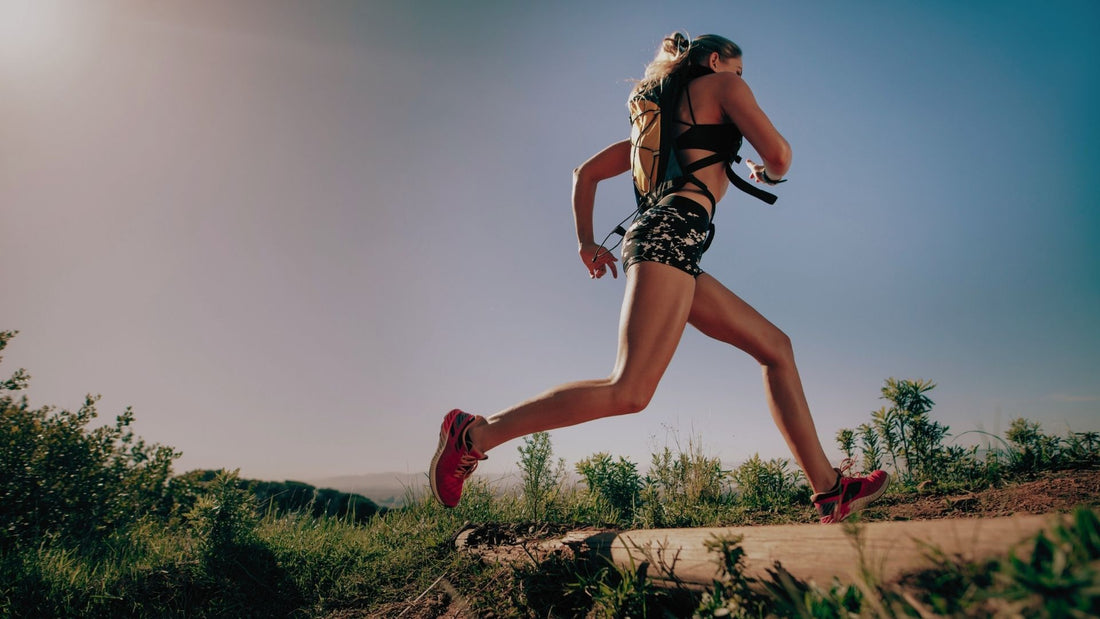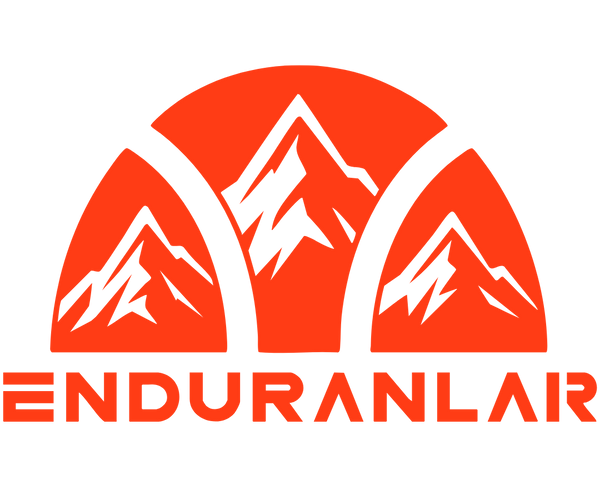
Optimal Nutrition Guide for Vegan Athletes
Share
Veganism is becoming increasingly popular among athletes around the world. By avoiding animal products completely, many athletes choose a vegan diet for health, ethical and environmental reasons. But when it comes to performance factors like muscle growth, endurance and recovery, one of the biggest challenges vegan athletes face is knowing how to create an optimal nutrition plan. In this blog post, we will provide a mini guide on nutrition for vegan athletes.
Essential Macronutrients
Protein
For vegan athletes, protein is vital for muscle repair and development. Plant-based protein sources include lentils, beans, peas, tofu, tempeh, seitan and vegan protein powders. These sources can provide all the necessary amino acids, including essential amino acids. However, the bioavailability of protein from plant sources may vary, so it is critical to look for variety and ensure adequate protein intake throughout the day.
Carbohydrates
Carbohydrates are a source of energy, especially for vegan athletes who do endurance sports. Whole grains, fruits, vegetables and legumes are rich sources of both carbohydrates, fiber, vitamins and minerals. These foods are excellent for providing long-term energy and keeping blood sugar balanced.
Fats
Healthy fats are essential for hormone production, vitamin absorption and cellular health. Sources such as avocados, chia seeds, flaxseeds, walnuts and olive oil provide healthy fats, including omega-3 fatty acids, in vegan diets.
Micro Nutrients
Vitamin B12
One of the most critical micronutrients for vegan athletes is vitamin B12. It supports energy levels, the nervous system and the formation of blood cells. Vitamin B12 is often found in animal products, so B12 supplements or fortified foods are important for vegans.
Iron
Iron has an important role in oxygen transport and energy production. Iron from plant sources is absorbed less than iron from animal sources. Therefore, consuming iron-rich foods along with vitamin C can improve absorption.
Calcium and Vitamin D
Calcium is essential for bone health, and vitamin D increases calcium absorption. Green leafy vegetables, grains and legumes, and fortified dairy alternatives are good sources of calcium for vegan athletes. Sunlight is a direct source of vitamin D, but supplements can be used if sufficient sunlight is not available.
Fluid and Electrolyte Balance
For vegan athletes who train intensively, hydration and electrolyte balance are essential. Water, plant milks, natural fruit juices and electrolyte drinks offer variety to meet fluid needs. Electrolytes such as potassium, sodium and magnesium help replace minerals lost through sweat.
As a result, vegan athletes can achieve maximum performance with the right nutrition strategies. Attention to essential macro and micronutrients, as well as adequate hydration and electrolyte balance, is critical to optimizing health and performance. Although the vegan diet requires variety, planning and sometimes the use of supplements, it is preferred by more and more athletes for its ethical, health and environmental benefits.
